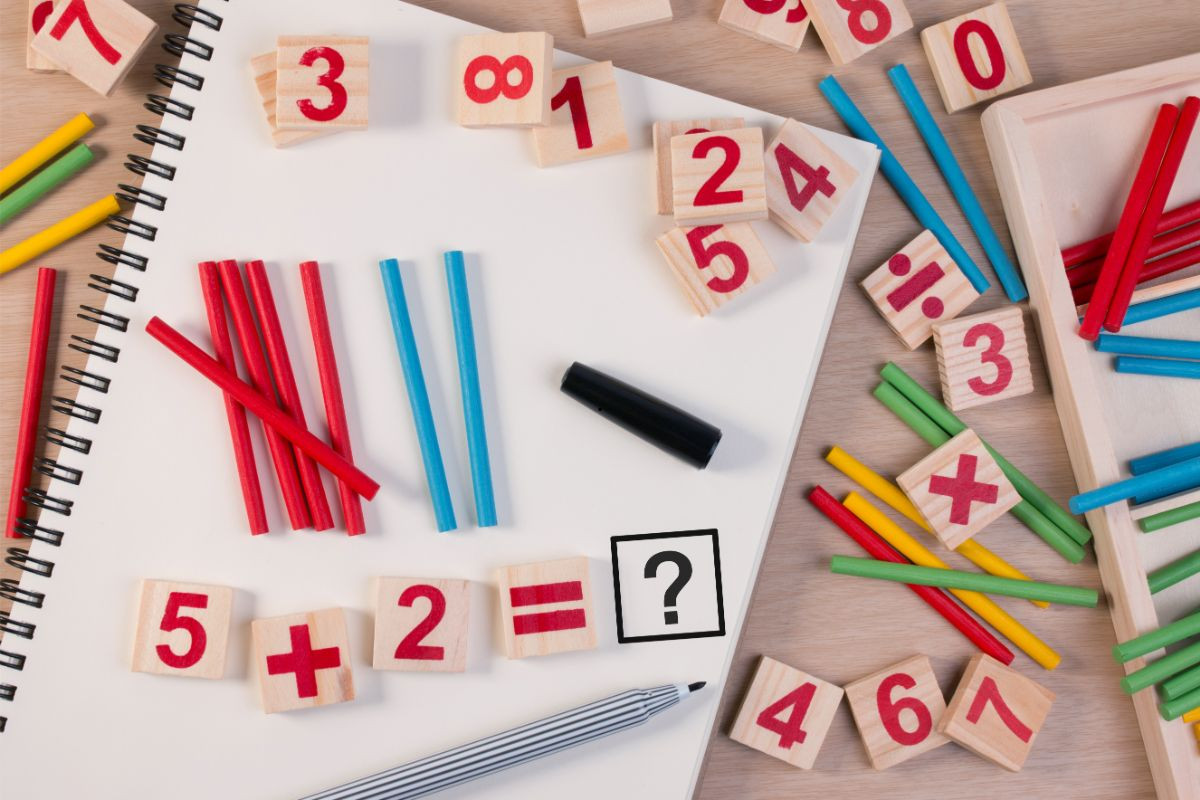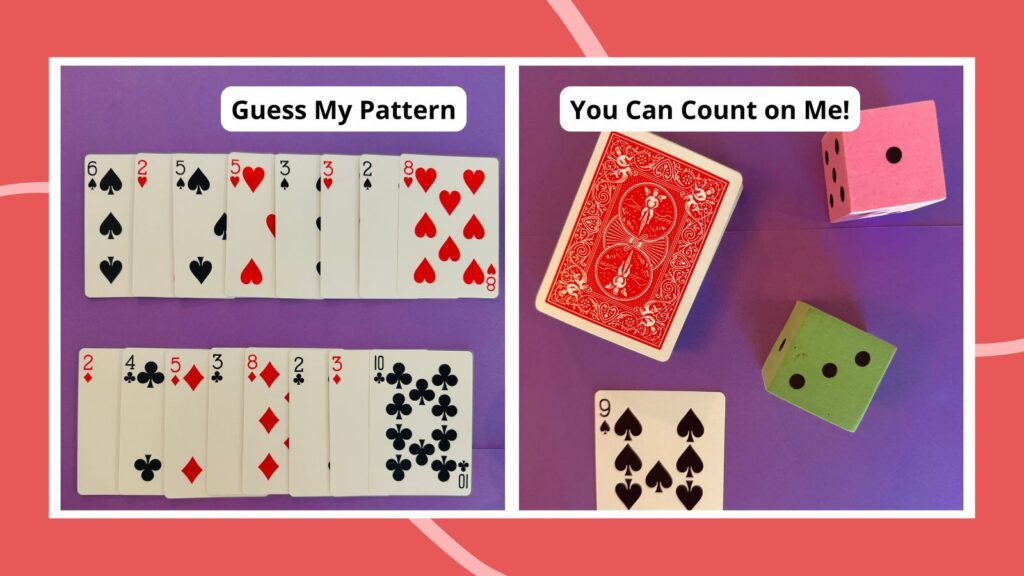Educational Games for Kids: Fun Ways to Learn

Learning can be fun, especially when you make it a game! Educational games for kids offer an engaging way for children to acquire essential skills while having fun. From enhancing their creativity to strengthening their problem-solving abilities, these games are a powerful tool for parents and educators alike.
In this article, we’ll explore the numerous benefits of educational games, offer expert insights, and share a range of options to help children learn in an engaging way. Ready to turn playtime into learning time? Let’s dive in!
The Power of Educational Games for Kids
Why Are Educational Games Important?
Children learn best when they’re engaged, and educational games are designed to do just that. According to child development expert Dr. Lisa Jones, “Games foster creativity, critical thinking, and decision-making skills in young children, all of which are crucial for their cognitive growth.” Instead of traditional worksheets or lectures, games offer a hands-on approach to learning, which often leads to better retention and understanding.
Key Benefits of Educational Games
- Boost Cognitive Development: Educational games promote problem-solving, memory, and logical thinking, enabling children to process information more efficiently.
- Encourage Creativity: Through imaginative play, kids develop their creativity and learn to approach tasks in new ways.
- Enhance Social Skills: Many educational games involve teamwork, which can teach children valuable lessons in cooperation, empathy, and effective communication.
- Make Learning Fun: When kids enjoy the learning process, they are more motivated to continue exploring new topics.
Types of Educational Games for Kids
Online Games and Apps
In the digital age, educational games for children are available with just the touch of a button. Interactive apps and online platforms have made learning engaging and convenient. Here are some popular types of online educational games:
1. Puzzle Games
Puzzle games are excellent for building logical thinking and problem-solving skills. Games like Jigsaw Puzzles for Kids help children develop their pattern recognition, spatial awareness, and critical thinking skills.
2. Math Games
Apps like Prodigy and Cool Math Games introduce children to fundamental math concepts, such as addition, subtraction, multiplication, and division, in a fun, game-like format. These games can make numbers less intimidating and more approachable for young learners.

3. Language Games
Learning a new language? Educational language apps, such as Duolingo for Kids, help children expand their vocabulary, practice pronunciation, and understand grammar through interactive lessons.
Board Games for Learning
Board games are a timeless way to encourage family interaction while teaching valuable life skills. Here are some options:
1. Scrabble
This classic word game enhances vocabulary, spelling, and creative thinking. Kids can build words while having fun competing with family members.
2. Chess
Learning chess not only develops strategic thinking and planning but also improves concentration, memory, and problem-solving abilities. Children can begin with basic chess tutorials and gradually progress to advanced techniques.
Outdoor Educational Games
Don’t forget the great outdoors! Physical games can also provide educational value. Here’s how:
1. Scavenger Hunts
A scavenger hunt can encourage children to observe their environment, hone their attention to detail, and improve their memory. Make it educational by incorporating math problems or history trivia into the clues.
2. Nature Walks
On a nature walk, kids can learn about different plants, animals, and ecosystems. Ask questions along the way to stimulate curiosity and further deepen your knowledge of nature.

Expert Insights and Research
What Experts Say About Educational Games
Dr. Emily Clark, a child psychologist, emphasizes that “games offer a structured environment where children can test boundaries, face challenges, and learn through trial and error, which are key components in cognitive development.”
Educational games are also proven to be a valuable tool for children with learning disabilities. A 2021 study published in the Journal of Child Development found that children with ADHD showed improved focus and engagement when using interactive learning games, compared to traditional classroom activities.
Also Read: AI in Education: Transforming the Future of Learning
FAQs About Educational Games for Kids
1. What are some examples of educational games for preschoolers?
Preschoolers can enjoy games like memory matching, simple puzzles, and games that teach shapes, colors, and numbers.
2. How do educational games help with language development?
Educational language games improve vocabulary, sentence structure, and pronunciation by encouraging kids to use language in context.
3. Are there any educational games for kids with special needs?
Yes, many apps and games are designed specifically for children with autism, ADHD, and other learning challenges, offering tailored learning experiences.
4. How can I make educational games a regular part of my child’s routine?
Set aside a specific time each day for educational play, incorporate games into daily tasks, and make learning enjoyable by allowing children to choose their favorite games.
5. Can educational games aid in developing social skills?
Absolutely! Many educational games involve interaction with others, which helps children practice social skills such as cooperation, turn-taking, and problem-solving.
Conclusion: Fun Ways to Learn and Grow
Educational games for kids offer more than just entertainment—they serve as a gateway to developing essential life skills. From developing critical thinking and creativity to fostering social skills and teamwork, these games support a wide range of cognitive, emotional, and social benefits. Whether it’s through online games, board games, or outdoor activities, there’s no limit to how kids can learn while having fun.

Similar Posts
How Does Asana Software Impact Project Management?
Pros and Cons of Technology in Healthcare and Its Impact
How AI Reduces Costs in Healthcare and Boosts Efficiency